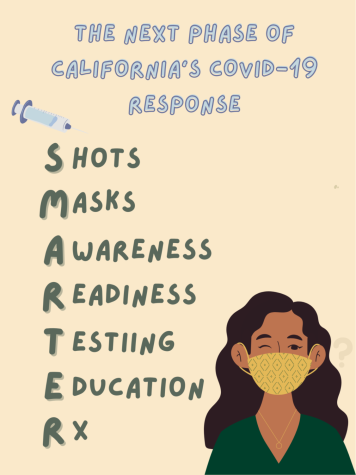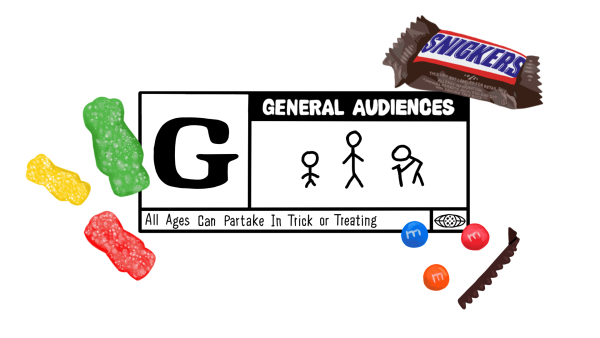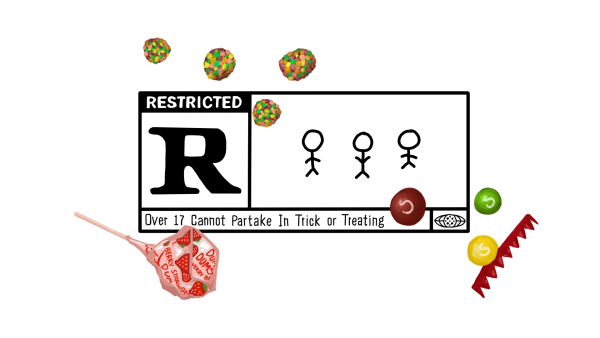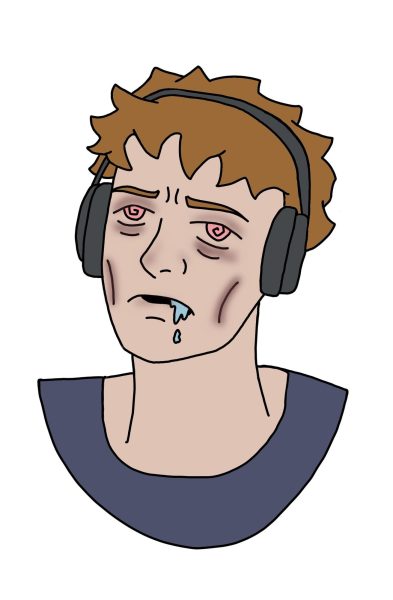Imposter Syndrome
Imposter syndrome is a psychological phenomenon where high achieving people feel inferior to others and begin to doubt their abilities and accomplishments. As more and more first-generation students reach amazing academic accomplishments they face unique barriers that their non first gen counterparts do not face as often: imposter syndrome. The feeling of inadequacy is overbearing and it creates an intense internal struggle that holds you back from reaching your full potential.
As first-generation students, we are creating a path that has not been formed in our family: education. Many first-generation students have parents who never attended college, let alone graduated high school. Their hopes lie within their kids, they expect their kids to do better than they did and forge the pathway to a better quality of life for themselves and future generations. So we do everything in our power to accomplish that dream: AP classes, internships, leadership roles etc. With our determination, we accomplish our goals despite our unique struggles and find ourselves in opportunities our parents are immensely proud of. However for us, the first-gen students, it is hard to feel pride in our accomplishments. We see the abilities of our colleagues and classmates and the list of comparisons runs high. Many of our classmates have an abundance of support and resources provided by their college-educated parents. Our parents, despite their efforts, cannot offer the same kind of academic support. Sadly, they cannot relate to our struggles. Many first-gen students are at an academic and socioeconomic disadvantage and the realization of that is when the imposter syndrome first introduces itself. We feel inferior to our classmates and it can become dangerously easy to let those feelings determine our self-worth causing deliberate self-isolation due to shame about our thoughts and feelings of not belonging.
The stain that is imposter syndrome will only continue if it is not talked about; communication is the key to overcoming these challenges. The more it is talked about, the easier it gets to overcome it. Imposter syndrome is very common in first-generation students, especially in a school as diverse as FHS. Opening up conversations with peers can alleviate these internal struggles and help remind oneself that they are not alone.











